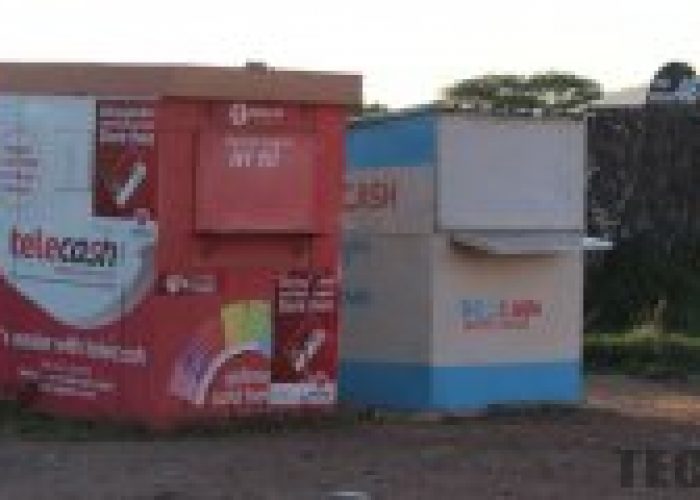



The world over, governments and regulators make the same big mistakes especially as regards regulating tech companies. Regulators are sometimes motivated by irrational motives like ‘institutionalised anger’ and the need to reign in big dominant platforms. A number of times they inadvertently make the dominant players stronger and more dominant in the process.
An example of this is the European Parliament enacted law called GDPR. Its a piece of legislation that specifies how tech companies must handle user data etc. The law was arguably passed to specifically target big tech companies particularly Facebook and Google. However, because the requirements are so stringent they need vast resources for search and social media businesses to be able to meet them. If there is anything Facebook and Google have is large sums of money and entrant players in these markets are on a disadvantage.
I was reminded about this when someone on Twitter reacted to my earlier article thus:
There are two possible outcomes to the RBZ ban on cashing in and out as far as EcoCash is concerned:
Unfortunately both possibilities will result in EcoCash being stronger than their competition.
EcoCash believes the RBZ directive will do damage to their business. This is why they urgently went to court yesterday to get it reversed. I think it’s not very obvious that the ban will harm them in the short term but it will definitely harm them in the long term.
Whether in the immediate term or after a while, if this ban is bad for EcoCash it is by several magnitudes worse for their competition. The assumption is the harm that comes from stopping cashing in and out is that consumers will shy away from using mobile money. Now if that happens, it is OneMoney and Telecash who are affected more.
EcoCash already has the bulk of the subscribers. By registration numbers, EcoCash has 90% of Zimbabwe’s adult population. A lot of these people already have money in their EcoCash wallets and therefore they are not going to unsubscribe from the service. They will likely find other ways to move around their money.
Now, OneMoney for example is on a massive customer recruitment drive. It’s harder to convince people to get onto the service when they are seeing how much of a restriction mobile money is becoming.
Even merchants: In the wake of the RBZ ban a merchant can wake up and say hey I don’t want payments via mobile money at all. As the day progresses though, they will turn away 95 customers who wanted to pay with EcoCash before they meet 1 who wants to pay with either Telecash or OneMoney. How do you think things will turn out? They will probably start ‘excepting’ a few EcoCash customers because they keep coming but there is not much incentive to ‘except’ the others.
The summary to this issue is found in the difference in definition between the words equality and equitability. If I say that everyone in my house has to carry an equal weight on their backs as we hike, that is equality. Is it fair though to a toddler in the house? Equitability however demands that the toddler be obligated to carry less than and adult.
Laws are usually equal but their impact is sometimes far from equitable because dominant players generally have several advantages such that although they are harmed, their competition is harmed more and so they come out of it more dominant.
The second scenario is that the RBZ ban can benefit EcoCash. This is unlikely but a possibility in the short term. How will EcoCash benefit? The platform is already the de-facto cash for most consumer transactions and it may then become that way for the remaining consumer transactions.
The biggest service that insists on payment through cash is our public transport service. This and other such services is the reason why people are buying cash in the first place or queuing at the banks to be given ZW$40 per week. You realise that people who drive to work generally don’t interact with cash anymore.
If the banning of cash-in and out will make it that much harder to access cash it may leave people desperate and lead them to demand that the kombi accepts EcoCash or just leave without them. If enough of that happens, kombis may start accepting EcoCash. Consumer transactions will start happening exclusively on the EcoCash platform.
Of course the deepened network effects resulting from there would make it that much harder for OneMoney or Telecash to cut in.
This scenario sounds and perhaps is a tad too far fetched but it’s not improbable.
Either way, EcoCash may come out of this stonger
{{notice}}
If anything goes wrong, click here to enter your query.
Quick NetOne, Telecel, Africom, And Econet Airtime Recharge
The post Ban On Cash-in & Cash-out Affects OneMoney And Telecash More Than EcoCash appeared first on Techzim.